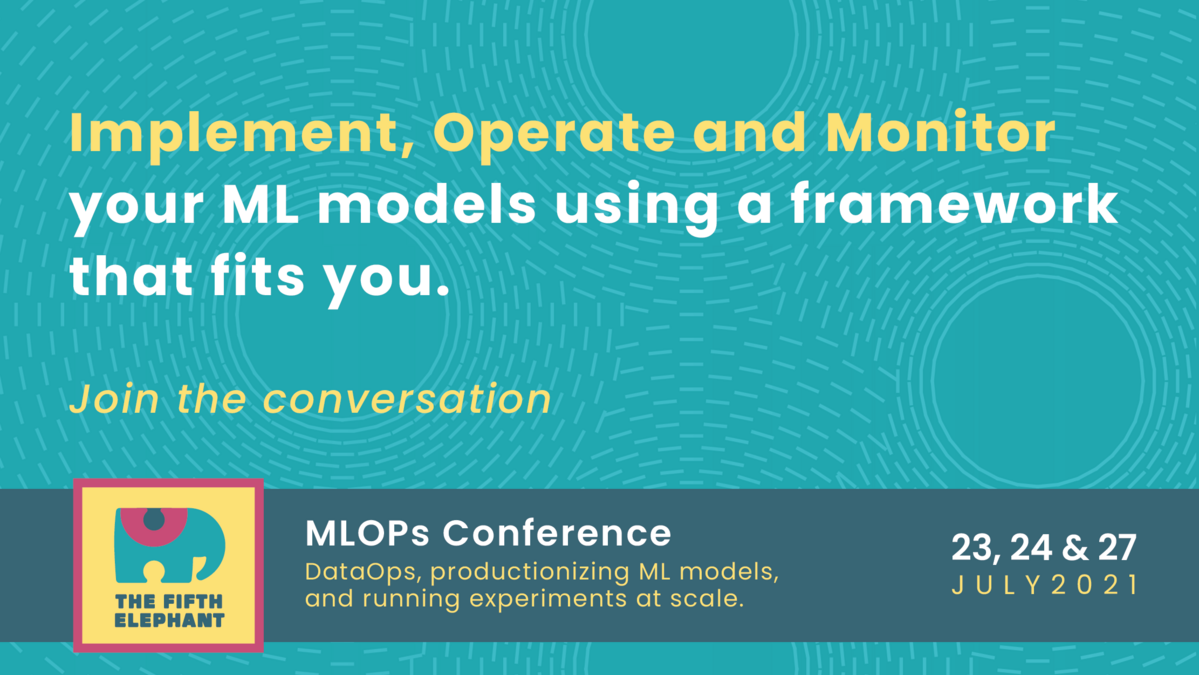Audience Level: Intermediate
Nature: Conceptual
https://drive.google.com/file/d/1WpKUXeC0i93f72vC8yXtUR6unPEaB4ma/view?usp=sharing
Scribble has built and operate feature stores for companies for the
past few years. This is a perspective talk on why feature stores came
about, what is being built today, and what we foresee over the next
few years.
-
Feature store introduction and history
-
Understanding existing feature stores
(a) Architecture: Integrated/standalone
(b) Scale: Peta/Tera
(c) Core abstraction: SQL-like/program
(d) Application scope: ML/Non-ML
(e) Programming Iterface: Tight/Open
(f) Data classes: Streaming/Timeseries, document, transactions
-
Classes of decisions
(a) What, Shallow why, Deep why, Why not
(b) How these are addressed today & gaps
-
Feature Stores 1.0: Passive, robust, scalable
(a) Focused on ML usecases
(b) Focus on scale & abstractions
(c) Passive but robust
-
Feature Stores 2.0: Intelligent, trusted, end-to-end
(a) Context-aware - Integrates with upstream and downstream
About data, nature of processing, risks involved
Changes operations, resources, observation levels
(b) Knowledge management - Help ip creation
Better and efficient processes
(c) Risk management - Trust and safety as first class goal
Reduce risks from insecure, poor/changing code & data
Change handling, impact assessment
(d) Proactive - Actively observes and recommends
Suggests features, impact assessment
(e) Scope - Expanded classes of decisions and users
All classes of advanced data needs (shallow why...)
(f) Distributed - Handle constraints (time, volume etc)
Data cannot/should not flow to centralized
Distributed discovery
-
Some niche contexts where new classes of
stores might emerge:
(a) Constrained devices (handhelds)
(b) Classes of data (geospatial)
(c) Computational complexity (1000s of models)
-
Key Takeaways
(a) Feature stores are now a standard component
(b) Understanding the journey will help future-proof your implementation
(c) Feature stores 2.0 will be different from 1.0





{{ gettext('Login to leave a comment') }}
{{ gettext('Post a comment…') }}{{ errorMsg }}
{{ gettext('No comments posted yet') }}